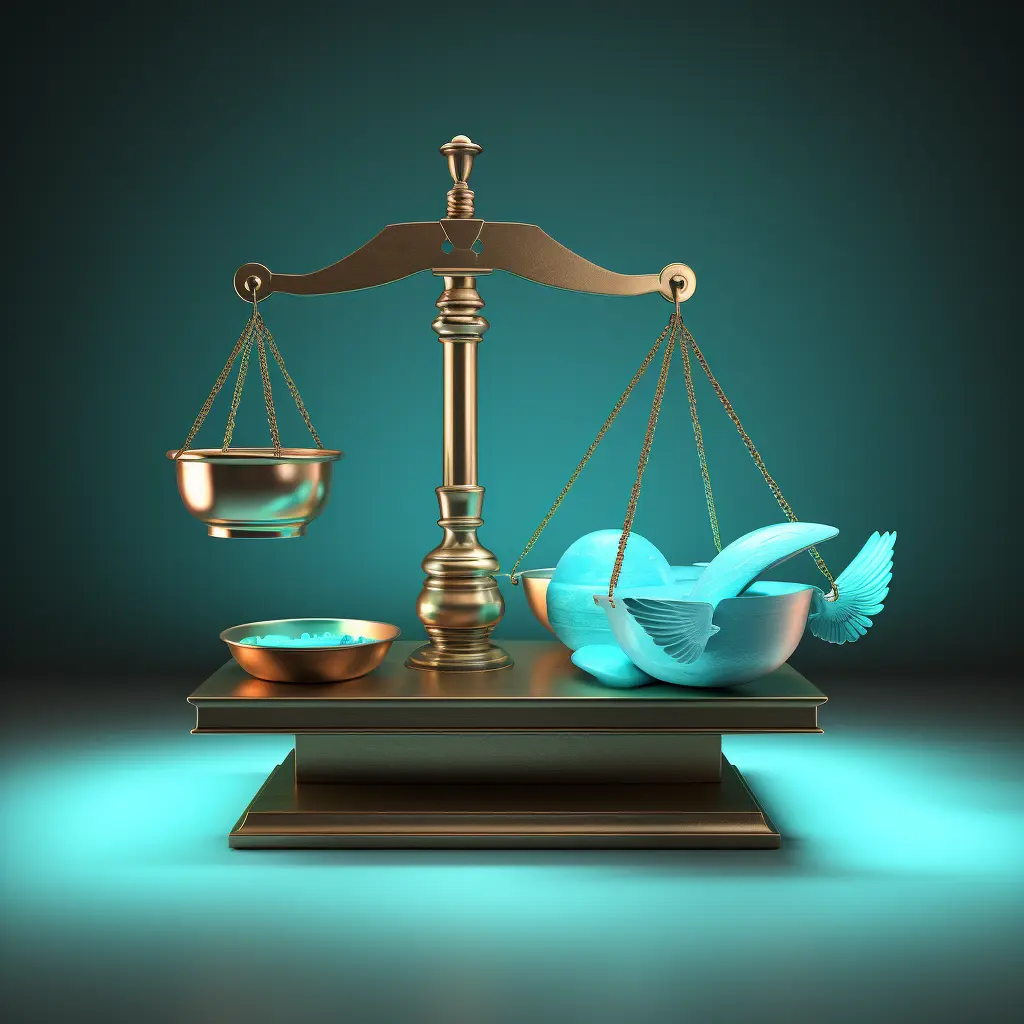Twitter, a powerful and influential social media platform, has become a hub for sharing ideas, opinions, and creative content. In recent times, there has been an increasing concern about the unlicensed use of copyrighted music on the platform. It is crucial for Twitter to initiate the practice of licensing songs and compensating music rightsholders for the usage of their content. In this blog post, we will outline the reasons why this step is essential for both the platform and the music industry.
1. Acknowledgment of Intellectual Property Rights
Respecting intellectual property rights is a fundamental principle that underpins the ethical use of creative works. Music, being a form of artistic expression, deserves to be recognized and credited appropriately. By licensing songs, Twitter would demonstrate a commitment to respecting these rights and upholding the principles of fairness and legality.
2. Fair Remuneration for Artists and Composers
Artists and composers invest significant time, effort, and resources into creating music. Licensing and royalty payments are crucial for ensuring that these creators receive fair compensation for their work. Twitter, with its vast user base and extensive reach, should contribute to this process by compensating music rightsholders for the use of their music on the platform.
3. Promotion of a Creative Environment
Licensing songs and paying royalties on Twitter would encourage a more creative environment. Knowing that their music will be appropriately compensated for, artists would be motivated to produce more content, ultimately enriching the creative tapestry of the music industry. This step fosters innovation and growth within the artistic community.
4. Fostering Positive Relationships with the Music Industry
By initiating licensing agreements and royalty payments, Twitter can build stronger relationships with the music industry. Collaboration and cooperation can lead to mutually beneficial partnerships, exclusive content, and a better understanding of the needs and concerns of the music community. This collaboration will enhance the overall user experience on Twitter.
5. Ensuring Legal Compliance and Mitigating Risks
Operating within the boundaries of copyright law is essential to ensure the long-term sustainability of any platform. Failure to secure proper licenses can lead to legal disputes and reputational damage. Licensing songs and paying royalties not only ensures legal compliance but also mitigates the risks associated with copyright infringement.
6. Global Standardization and Consistency
Following a model where Twitter licenses songs and pays royalties aligns with global standards in the digital music industry. Many other platforms adhere to this practice, ensuring a consistent approach to intellectual property rights across various platforms and regions.
In conclusion, the implementation of licensing songs and paying royalties is not only a legal necessity but also a step toward supporting artists and fostering a culture of respect for intellectual property on Twitter. It’s a critical move that can benefit all parties involved, including the platform, the music industry, and the users, ultimately resulting in a more sustainable and prosperous creative ecosystem.


